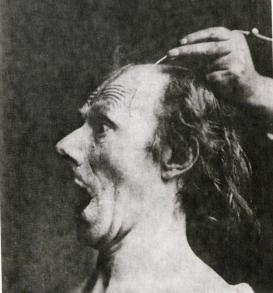This project is an inquiry into passages between the material and the immaterial, the literal and the figurative, in the development of epistemological ideals in France in the late nineteenth century. The focus of this story is Henri Bergson, a philosopher of science whose ideas have come to appear famously disembodied: introspective in psychology, vitalist in biology, and unapologetically metaphysical all around. Bergson’s writing is rife with figurative language. This quality of his work is part of what gave his contemporary audience a sense of an ineffable power of persuasion, and it is part of what has made his philosophy appear, to skeptics then and since, more as literature than philosophy, and even less as philosophy of science.
Yet Bergson was a dogged empiricist. This project takes his commitment to empiricism seriously and exploits it to understand how his metaphysical vision had experiential bases that were specific to his historical context. The contextual clues are visible in the up-to-date scientific references he supplied in his footnotes. Less obviously, contextual clues are also to be found in Bergson’s figurative language. This project thus has two aims: to understand the imaginative possibility of a set of conceptual alternatives for science at the turn of the twentieth century, and to show how language, at its most metaphorical, can also be most historically concrete.

